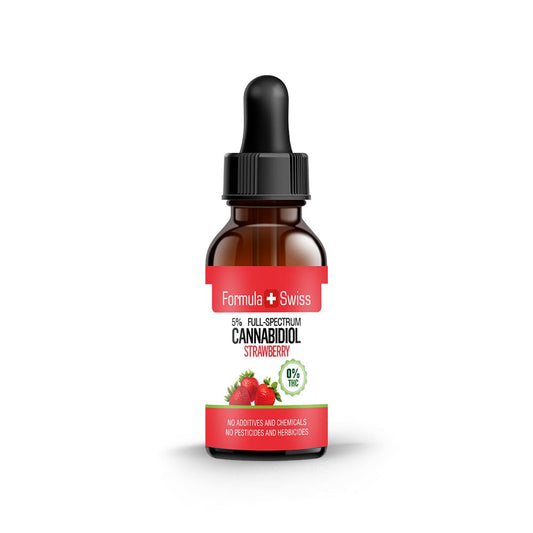Shift in Consumer Preferences: Beer vs. Cannabis
Following the legalization of adult-use marijuana in Canada, a noticeable shift occurred within the retail market, particularly impacting beer sales. A study published in the journal Drug and Alcohol Dependence reveals a "modest [but] economically meaningful" decline in the sales of canned and kegged beer, contrasting with the steady sales of bottled beer and spirits. This trend suggests a significant consumer shift towards legal cannabis, moving away from traditional beer consumption patterns.
The Economic and Social Implications
The findings highlight not just a change in consumer preferences but also potential economic and social implications. The decrease in beer sales post-cannabis legalization points towards a broader trend of individuals choosing cannabis over alcohol. This choice, while not without its health considerations, indicates a reduction in concurrent alcohol and cannabis usage, posing questions about the future landscape of recreational substance use.
Exploring the Dynamics of Alcohol and Cannabis
- An immediate decline in beer sales following cannabis legalization
- Continued decline in beer sales suggesting a lasting trend
- Research needed to fully understand health effects of this shift
Comparative Insights from the United States
Similar trends have been observed in the United States, where states with marijuana access laws report dips in alcohol sales. The complexity of understanding alcohol and cannabis dynamics, with studies yielding inconsistent results on whether they act as compliments or substitutes. A meta-analysis encompassing various studies found evidence for both substitution and complementarity, highlighting the nuanced relationship between alcohol and cannabis consumption.
Alcohol-Related Harms and Cannabis Legalization
With the rise in alcohol-related deaths in the United States from 2016 to 2021, as reported by the Centers for Disease Control and Prevention, the shift towards cannabis could have significant public health implications. The reduction in beer sales post-cannabis legalization in Canada may reflect a broader trend towards safer recreational substance choices, potentially impacting public health strategies and alcohol consumption norms.
Navigating the Future of Recreational Substances
The study's findings, indicating a preference shift from alcohol to cannabis, suggest a pivotal moment in consumer behavior. This shift not only impacts the alcohol and cannabis industries but also invites policymakers, public health experts, and consumers to reconsider the social, economic, and health implications of recreational substance use. As more countries and regions consider cannabis legalization, understanding these dynamics will be crucial for informed decision-making and policy development.
As the landscape of legal recreational substances continues to evolve, the ongoing research and analysis of market trends, consumer preferences, and health outcomes will play a vital role in shaping the future of how societies approach alcohol and cannabis use. The decline in beer sales following cannabis legalization serves as a critical case study, underscoring the need for a balanced and informed approach to substance regulation and public health policy.








